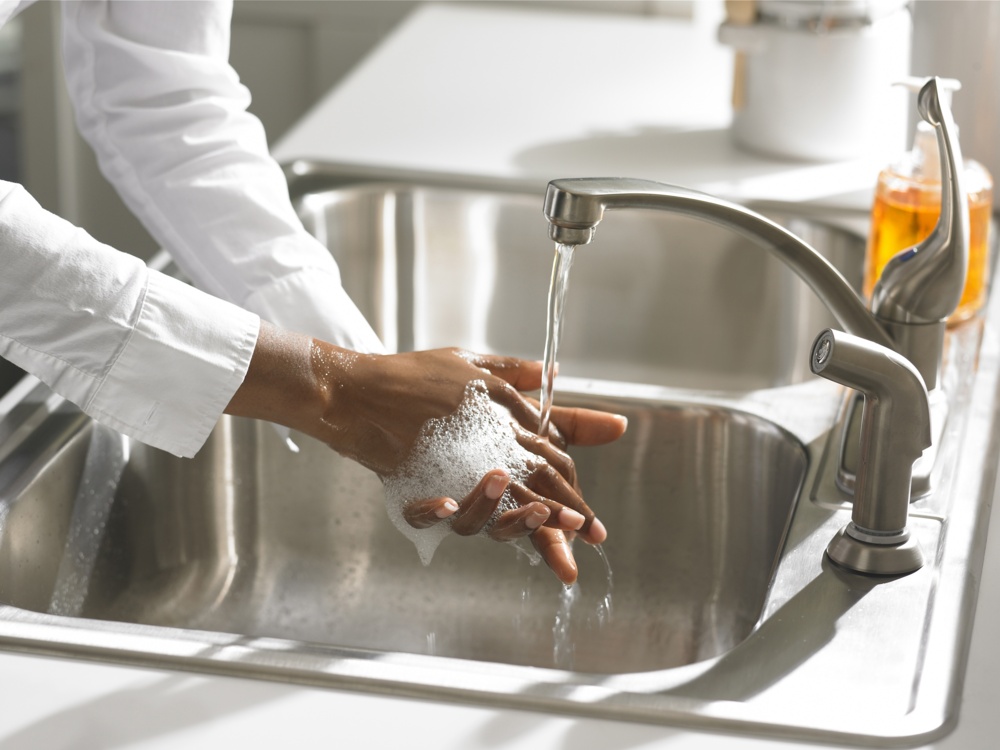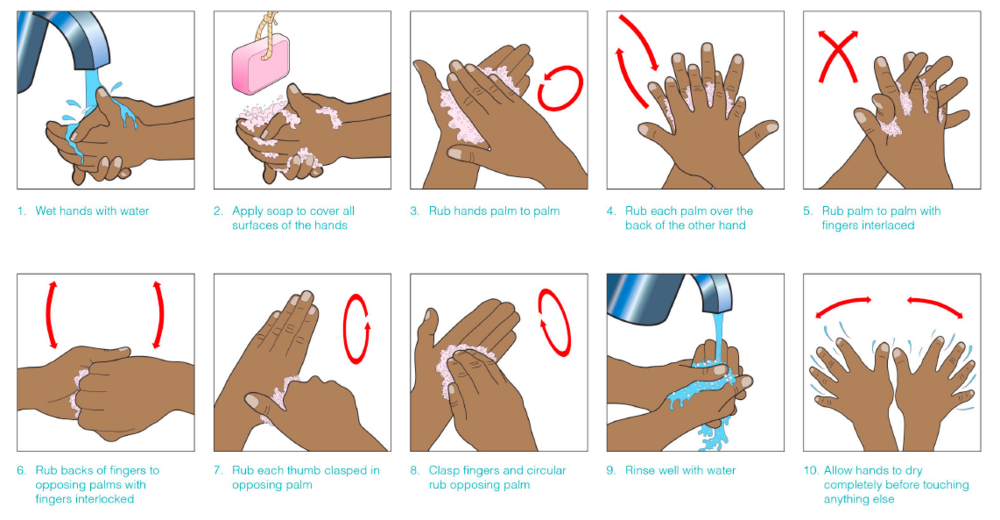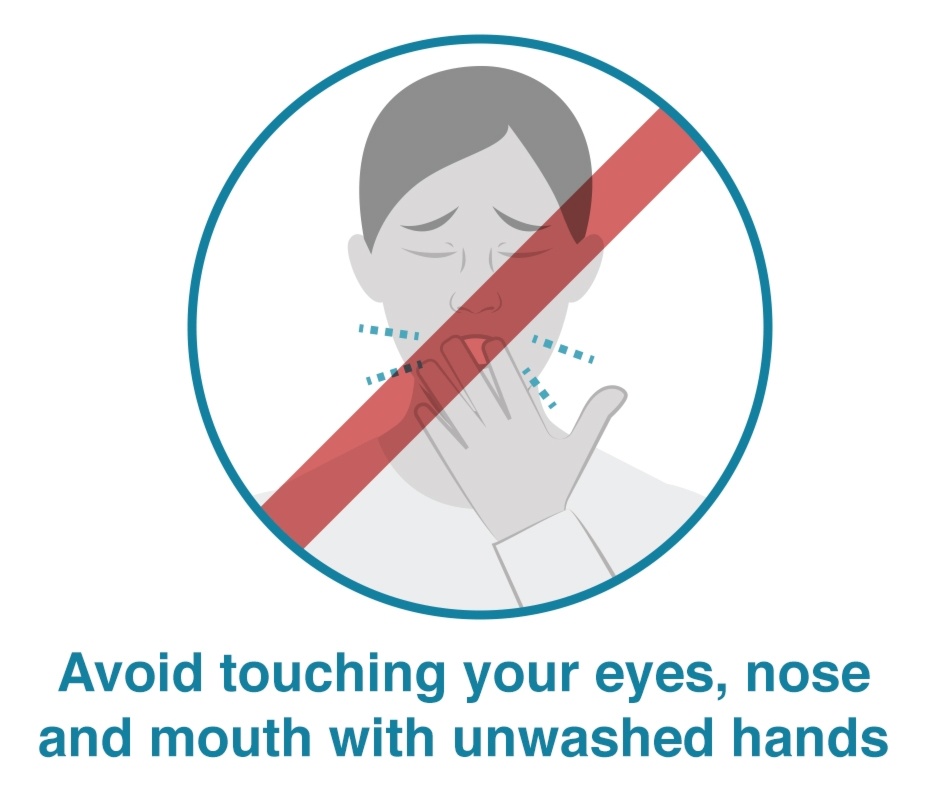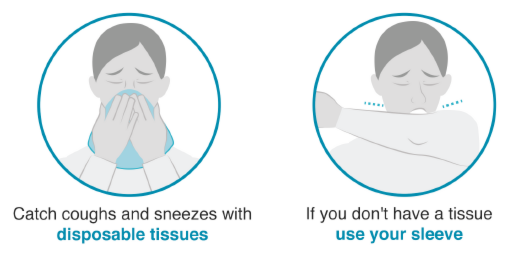
Basic protective measures against coronavirus
To ensure that accurate, useful information on coronavirus and how to prevent its spread is widely available, EJF is reposting the advice below, which comes from the World Health Organisation and the Harvard Medical School. Please only use official trusted sources of information during this time, it is paramount that we all take the right advice. Working together to take these measures seriously can save lives.
Most people who become infected experience mild illness and recover, but it can be more severe for others. Even if you are fit and healthy you might pass the illness to more vulnerable people, such as elderly people or those with underlying health conditions.
Take care of your health and protect others by doing the following:
Wash your hands frequently
Regularly and thoroughly clean your hands with soap and water or an alcohol-based hand rub for at least 20 seconds.
Why? Washing your hands with soap and water or using alcohol-based hand rub kills viruses that may be on your hands.

Maintain social distancing
Maintain at least 2 metres (6 feet) distance between yourself and anyone else. As much as possible, limit contact with people outside your family.
Why? The COVID-19 virus primarily spreads when one person breathes in droplets that are produced when an infected person coughs or sneezes. In addition, any infected person, with or without symptoms, could spread the virus by touching a surface.
Avoid touching eyes, nose and mouth
Why? Hands touch many surfaces and can pick up viruses. Once contaminated, hands can transfer the virus to your eyes, nose or mouth. From there, the virus can enter your body and can make you sick.

Practice respiratory hygiene
Make sure you, and the people around you, follow good respiratory hygiene. This means covering your mouth and nose with your bent elbow or tissue when you cough or sneeze. Then dispose of the used tissue immediately.
Why? Droplets spread virus. By following good respiratory hygiene you protect the people around you from COVID-19.

If you have fever, cough and difficulty breathing, seek medical care and call in advance
Stay home if you feel unwell. If you have a fever, cough and difficulty breathing, seek medical attention and call in advance. Follow the directions of your local health authority.
Why? National and local authorities will have the most up to date information on the situation in your area. Calling in advance will allow your health care provider to quickly direct you to the right health facility. This will also protect you and help prevent spread of viruses and other infections.
Stay informed and follow advice given by your healthcare provider
Stay informed on the latest developments about COVID-19. Follow advice given by your healthcare provider, your national and local public health authority or your employer on how to protect yourself and others from COVID-19.
Why? National and local authorities will have the most up to date information on whether COVID-19 is spreading in your area. They are best placed to advise on what people in your area should be doing to protect themselves.
Protection measures for persons who are in or have recently visited (past 14 days) areas where COVID-19 is spreading
Follow the guidance outlined above.
- Stay at home if you begin to feel unwell, even with mild symptoms such as headache and slight runny nose, until you recover. Why? Avoiding contact with others and visits to medical facilities will allow these facilities to operate more effectively and help protect you and others from possible COVID-19 and other viruses.
- If you develop fever, cough and difficulty breathing, seek medical advice promptly as this may be due to a respiratory infection or other serious condition. Call in advance and tell your provider of any recent travel or contact with travellers. Why? Calling in advance will allow your health care provider to quickly direct you to the right health facility. This will also help to prevent possible spread of COVID-19 and other viruses.
SIGN UP FOR OUR EMAILS AND STAY UP TO DATE WITH EJF